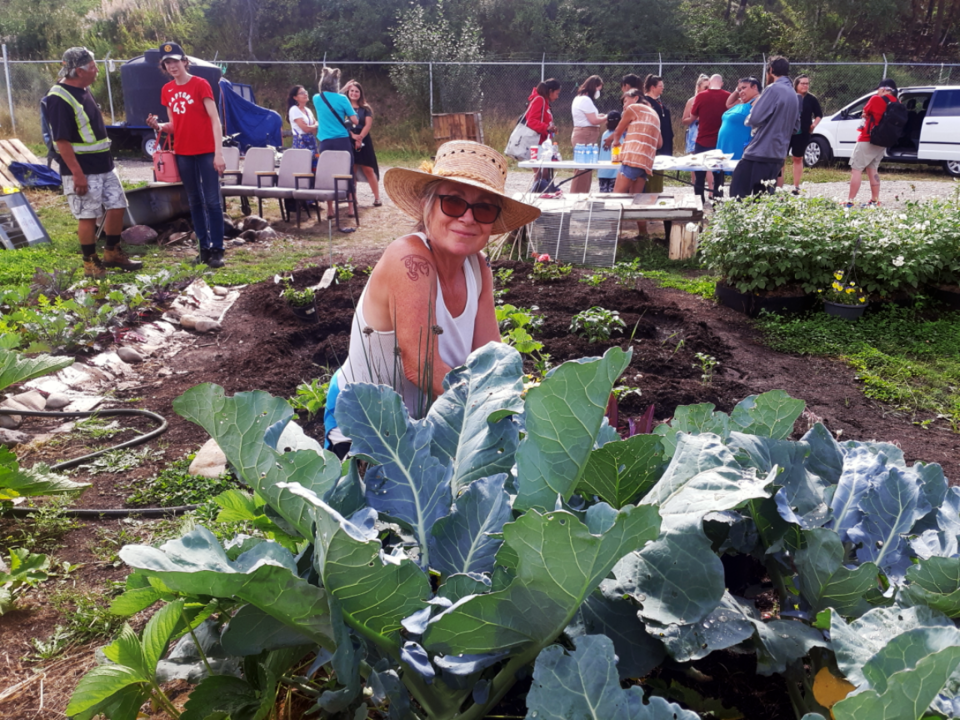Tiny homes in Moccasin Flats?
The idea of building safe and secure homes for people in the downtown encampment is a way to help the city tackle the homeless problem that’s been tried in other cities and Katt Cadieux says the time is now to start building those tiny homes in Prince George.
Cadieux heads the nonprofit UNDU (United Northern Drug Users) and the organization is behind the tiny home project. The group is now looking for volunteers willing to donate their time to build the homes and for donations of building materials.
“We put a thing out on Facebook and we’ve had a few bites from people that have carpentry skills that are willing to share their knowledge of how to build little homes for people so that they’re not living in tarps and tents and they’ll have more security,” said Cadieux.
“We have a bit of money for hammers and nails and we’re looking for (wood) pallets, any kind of wood we can get down there. The materials is the biggest piece.”
Donations of building material can be brought to the Atco trailer UNDU has parked at the site near the west entrance to the encampment.
UNDU is paying for the portable toilets set up near the trailer, which now serve the encampment, and another toilet was brought to the other end of the encampment a few days ago.
UNDU helped organize the Moccasin Flats site cleanup on April 29. As a way to avoid trash from piling up as it did, Cadieux is hopeful the city will provide dumpsters at either end of the camp.
The lack of a water supply at the camp remains an issue.
Cadieux says UNDU is planning to get the Moccasin Flats garden in shape next Thursday, May 25.
They’ve got lots of seeds and garden volunteer April Ottesen has seedlings she’s grown in her yard in a nearby neighbourhood, ready to be transplanted to the community garden.
Ottesen and Niki Hanson started the garden last June with a donation of 12 yards of topsoil. But more dirt is needed to expand the garden and give the residents camping nearby the ability to grow their own food.
“If someone is willing to donate some soil we’re more than happy to go pick it up,” said Cadieux.
Cadieux says the therapeutic value of having a garden in the encampment for the first time last year makes all the effort it takes well worthwhile.
“It created community and created jobs,” she said. “It’s healing. It got people to get in touch with nature and be able to get away from their daily survival and come together to learn about planting and growing."
“When April would bring the food down with it, everybody knew we would be there at that time and would migrate from all over.”
UNDU is collecting items donated to the garden from the community to be sold to pay for garden improvements.

